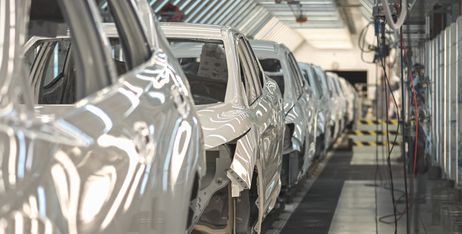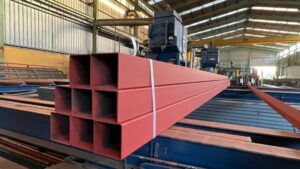The European automotive industry is calling for an urgent policy framework to enable the EU car market to both recover and make the shift to zero emissions, Kallanish reports.
Trade body ACEA said on Friday it has revised its initial forecast that the EU new car market would return to growth in 2022. It now expects a 1% retraction year-on-year in sales to 9.6 million units. Despite the symbolic change, manufacturers are pointing out this volume is still 26% lower than the pre-pandemic levels in 2019.
Throughout the first eight months of the year, the main issue on sales has come from the supply side, led mainly by components shortages. However, demand may also suffer over the coming months due to inflation and fears of recession, the association says.
“To ensure a return to growth – with an even greater share of electric vehicle sales so climate targets can be met – we urgently need the right framework conditions to be put in place,” says Oliver Zipse, ACEA president and chief executive of BMW. “These include greater resilience in Europe’s supply chains, an EU Critical Raw Materials Act that ensures strategic access to the raw materials needed for e-mobility, and an accelerated roll-out of charging infrastructure.”
In the past years, automakers have faced Brexit, the coronavirus pandemic, semiconductor supply bottlenecks and the war in Ukraine – which is still impacting prices and availability of energy. Yet, despite the adversities, ACEA says the industry continues to invest “massively” in R&D, skills and technologies driving the green transition. But without the right political framework conditions to ensure industry remains competitive “well into the future”, this transformation is at risk, warns ACEA.
Industry fuel rationing and voluntary production shutdowns may be necessary for European countries to cope with winter demand despite some incentives offered by some governments. Such measures would directly impact steel demand in the region.
Gabriela Farhangi UK






